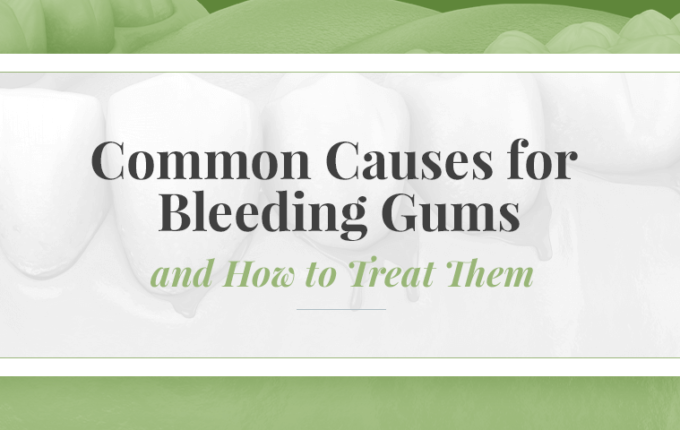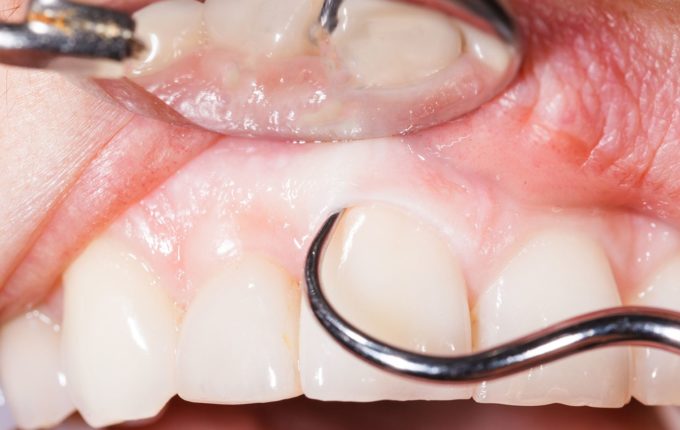The Truth Behind Gum Recession
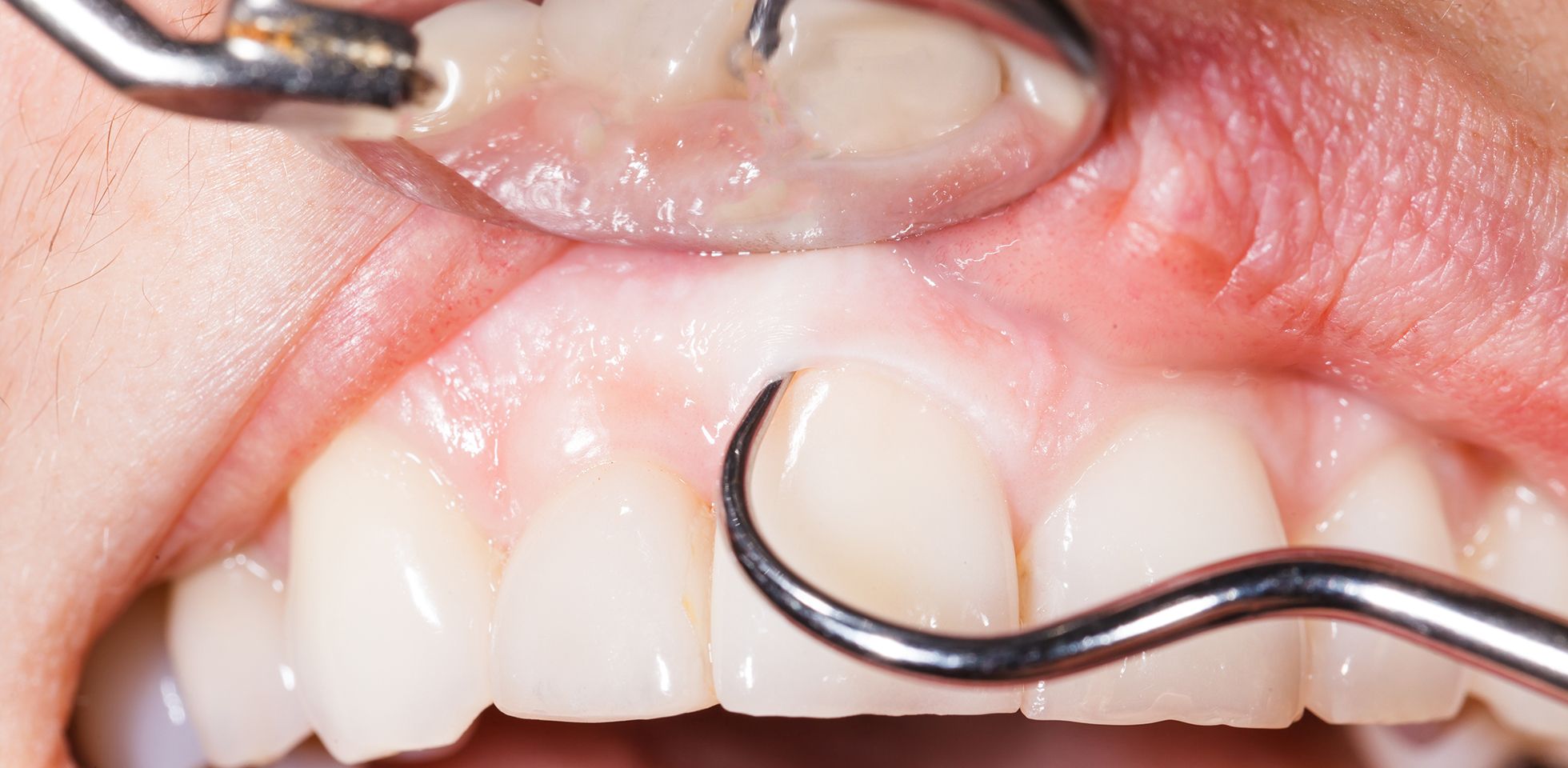
Many people wonder, is gum recession normal? Gum recession occurs when the gum tissue surrounding teeth pulls back or shrinks in size. As gums recede, increasing amounts of the tooth’s surface become exposed. Unprotected teeth are sensitive, susceptible to bacteria and tooth decay.
Many people wonder, is gum recession normal? Studies show gum recession affects nearly half of the population. Early signs of gum recession include:
- Sensitivity: Receding gums expose teeth and roots, causing sensitivity.
- Spacing: Small pockets or indents can form between and behind teeth as gums recede.
- Bleeding: Bleeding gums while brushing or flossing can be an indication of a receding gum line.
Gum recession is incredibly common among adults, creating a sense of normalcy among sufferers. The truth is, gum recession is not a normal part of the aging process. Instead, gum recession can be a symptom of a more serious oral health concern.
An experienced dentist can identify the cause of your gum recession and follow the proper protocol for treating it. The attentive doctors at 209 NYC Dental have seen cases of receding gum lines in people of all ages and conditions. Call us today at 212-355-2290 so that we can develop a treatment plan for you.
What Is Periodontal Disease?
Periodontal disease is an infection of the mouth. It affects gum and bone tissue and is one of the main causes of gum recession. This infection starts when harmful bacteria begin attacking weak spots in the oral cavity, which is usually the gum line. Once this bacteria gets between the teeth and gums, it can begin destroying the connection, causing the gums to shrink. This disease can also eventually cause teeth to fall out.
Periodontal disease is thought to affect anywhere from 20-50% of the world’s population. It includes the following conditions:
- Gingivitis: Gingivitis occurs in the early stages of gum disease. Gingivitis is caused by bacteria found on plaque buildup. Gum inflammation, irritation and bleeding are signs of gingivitis, but it can be reversed if it’s treated early.
- Gum disease: Gum disease occurs when bacteria destroy gum and bone tissue. Also known as periodontitis, gum disease is the primary contributor to gum recession. If left untreated, gum disease can spread to tissues throughout the face and jaw, leading to additional complications.
This disease correlates with many other serious medical conditions, including diabetes, cardiovascular disease, certain cancers, and fertility and pregnancy issues. With that in mind, receiving treatment for your receding gum line is about more than good oral health — it can save your life.
Why Are My Gums Receding?
While periodontal disease is the leading contributor to gum recession, other causes include:
- Incorrect brushing and flossing procedures: Most individuals recognize the danger of neglecting their teeth, but many do not realize that spending too much time on oral care can also harm their gums. Overly-aggressive dental hygiene can damage gums, creating space for bacterial buildup and causing recession.
- Damage and trauma: Injury, trauma and tooth grinding (bruxism) place undue force on teeth, which can eventually destroy the gum tissue.
- Genetic traits: Receding gum lines can be a hereditary trait. . Furthermore, if you are a woman, hormonal changes throughout the menstrual cycle can affect gum health due to excess progesterone secretion.
- Malaligned teeth: An uneven bite places added force on the jawbone, which can damage the gums and cause them to recede.
- Tobacco use: Tobacco and other nicotine products restrict blood flow to the gums, causing damage and contributing to gum recession. Smoking in any capacity can make you two times more likely to develop oral hygiene issues, such as a receding gum line, than nonsmokers.
Regardless of the initiating event, the outcome typically remains the same. Gums recede, exposing teeth and roots and promoting tooth decay. If left untreated, gum recession can lead to tooth loss. If you begin to notice receding gum lines, it is best to contact an experienced dentist who can treat your symptoms before they develop further. When you bring your concerns to 209 NYC Dental, we will ask you about these risk factors to determine the best methods for your treatment.
Can You Treat Gum Recession?
Fortunately, gum recession is treatable. The earlier you contact your dentist and get a treatment plan in place, the better your chances are to fully restore your gum line. Depending on the reasons your gums are receding, treatments for gum recession could include:
- Dental deep cleaning: Scaling and root planing are dental deep cleaning procedures targeting bacteria below the gum line. Deep cleanings combine two techniques. Scaling removes bacteria, while root planing smooths tooth surfaces, preventing future buildup. If necessary, we will also administer ARESTIN®, an antibiotic that combats disease-causing bacteria in places other cleaning methods cannot reach, during this treatment.
- Gum tissue grafting: Gum grafts restore receding gums using existing healthy tissue. Gum tissue can either come from donor tissue or from other areas of the mouth. It can be used to restore the small sections of the gum line, protecting exposed teeth. Gum grafting can completely eliminate a receding gum line, improving your smile’s health and appearance simultaneously. Since the graft will cover the parts of your mouth most susceptible to bacteria, this procedure can cure and even reverse gum disease.
- Osseous surgery: Bone loss due to gum disease is replaceable through a procedure known as osseous surgery. When periodontal disease develops enough, it can start to affect the bones that hold your teeth in place. Sometimes, a graft alone is not enough to help. When that happens, 209 NYC Dental will take things one step further with osseous surgery, a bone grafting procedure used to repair and restore bone tissue, strengthening the bite.
Gum Specialists In New York City
Regular visits to your dentist and proper oral hygiene offer the best defense against gum recession. If you think you are experiencing gum recession, speak to a dentist today. Make an appointment online or call us at 212-355-2290.
 Our History
Our History
 Our Providers
Our Providers
 About Us
About Us
 Blog
Blog
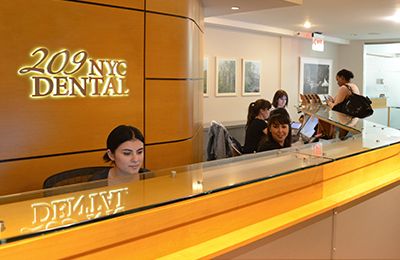 Contact us
Contact us
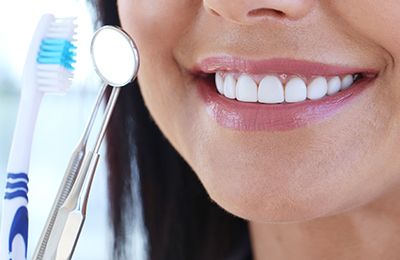 Diagnostic & Preventive
Diagnostic & Preventive
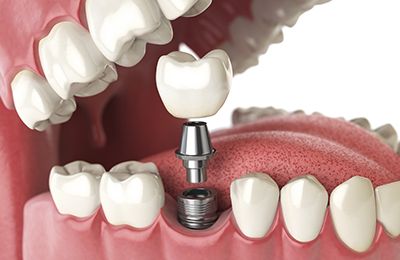 Implant Dentistry
Implant Dentistry
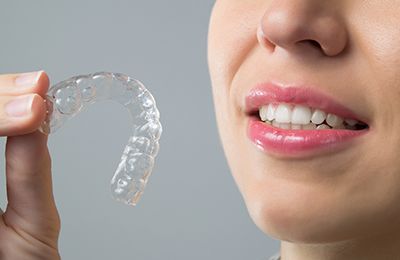 Clear Braces - Invisalign
Clear Braces - Invisalign
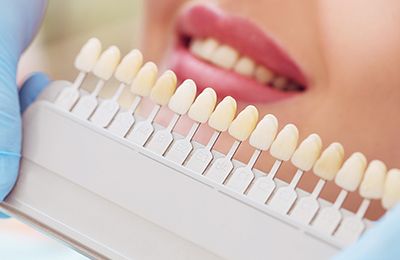 Cosmetic Dentistry
Cosmetic Dentistry
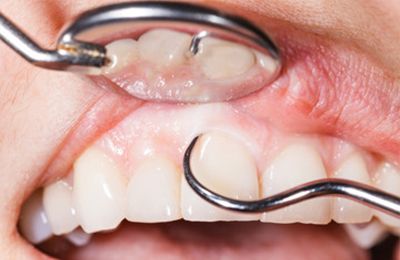 Periodontics
Periodontics
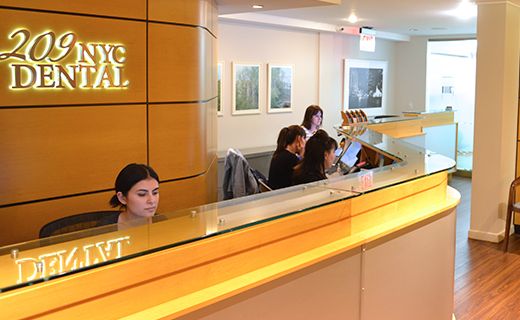 Patient Forms
Patient Forms
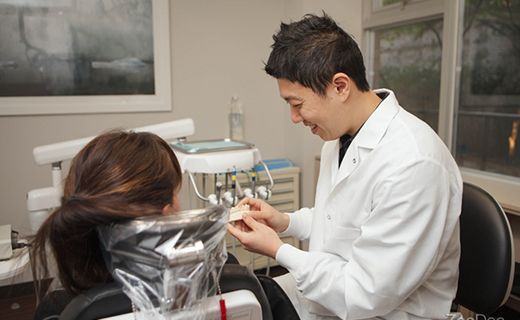 Payment Information
Payment Information
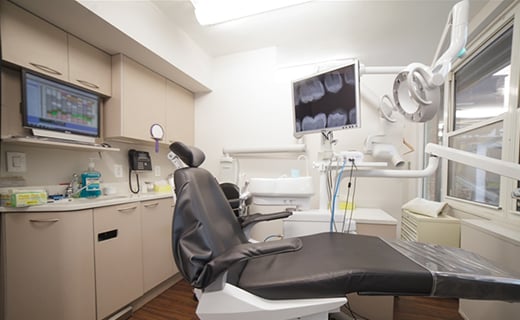 Insurance Options
Insurance Options
 CareCredit Dental
CareCredit Dental
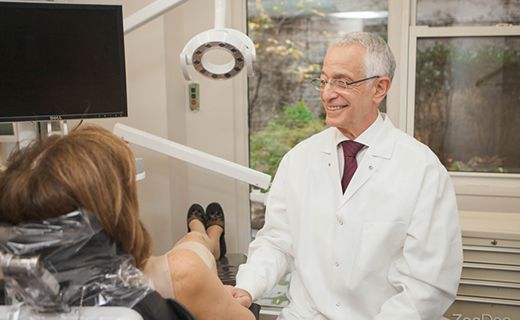 Appointment Policy
Appointment Policy
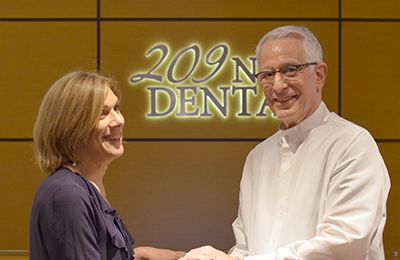 Free Consultation
Free Consultation
 Complimentary Teeth Whitening
Complimentary Teeth Whitening
 Teeth Whitening
Teeth Whitening

